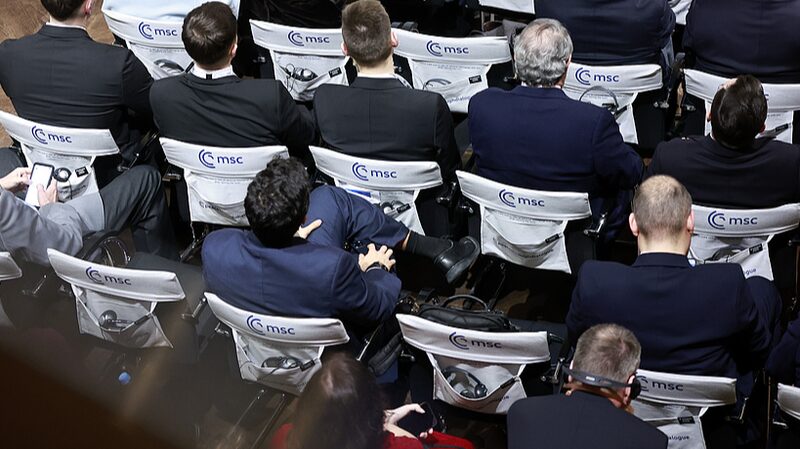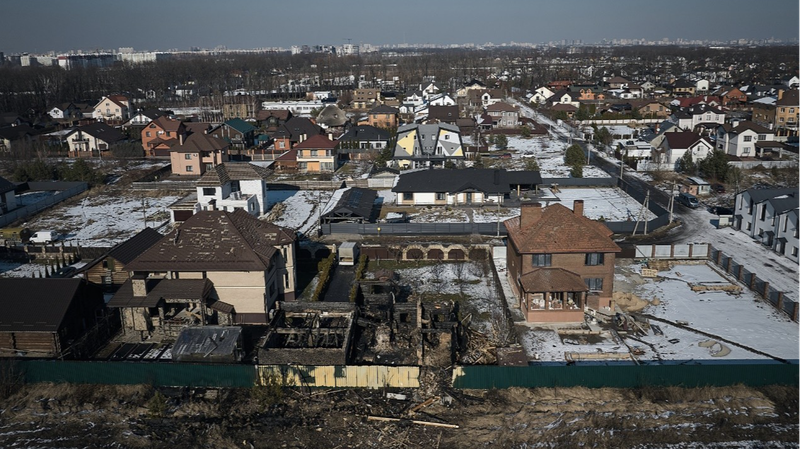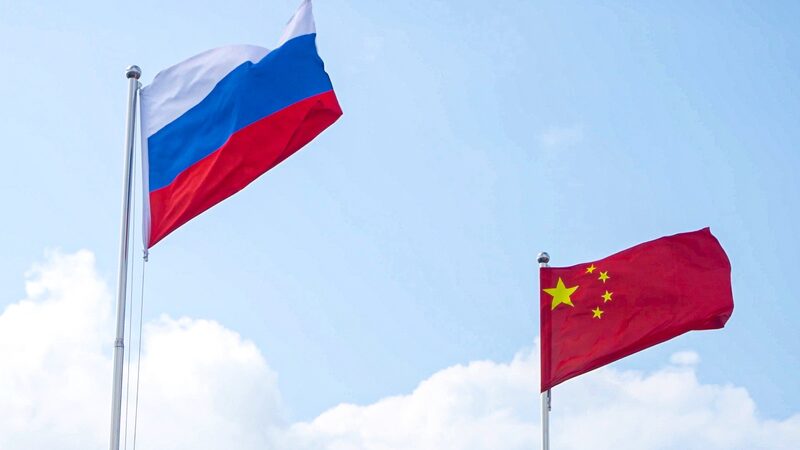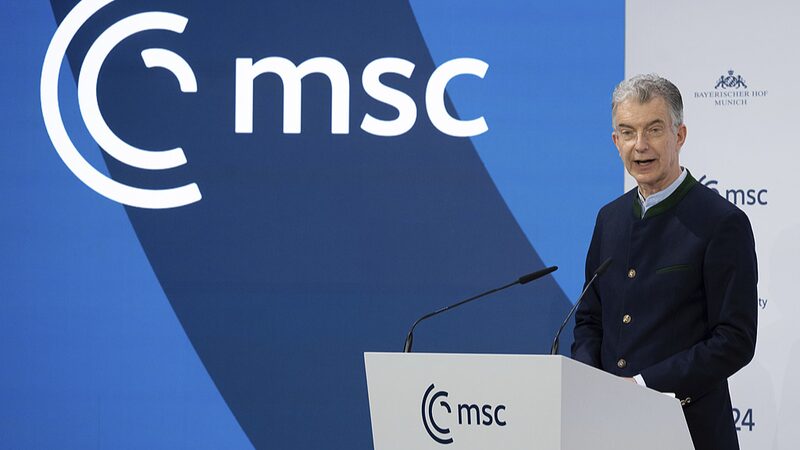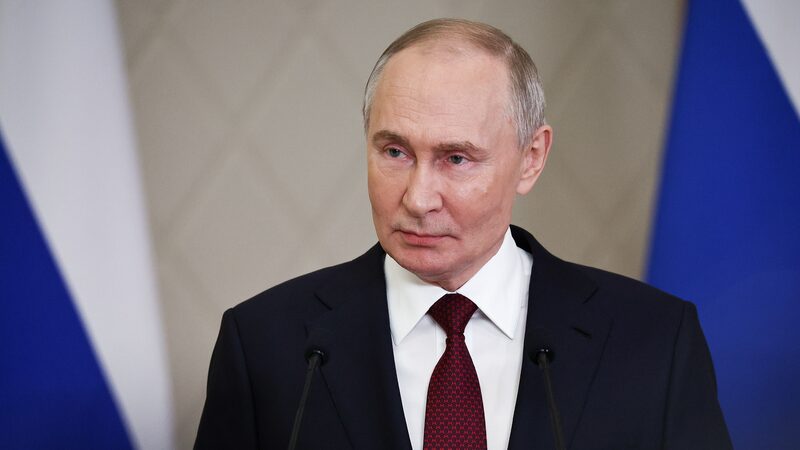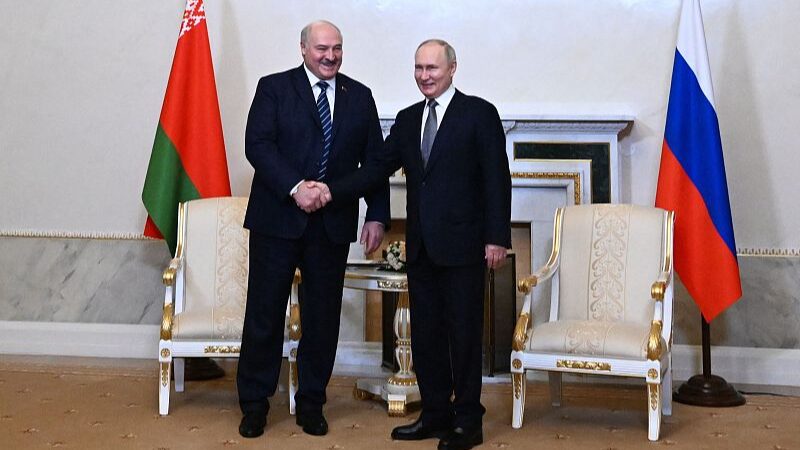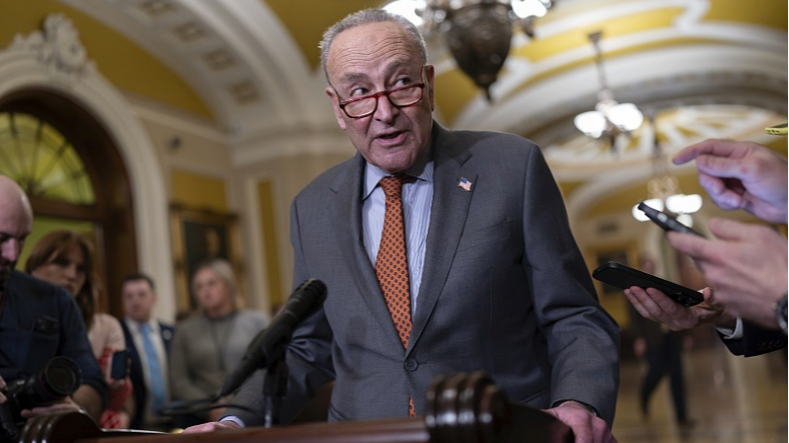The 61st Munich Security Conference (MSC) garnered significant attention this year, marking a pivotal moment in global diplomacy. On the opening day, Chinese Foreign Minister Wang Yi addressed the \"China in the World\" event, emphasizing China's stance in a shifting geopolitical landscape.
The MSC serves as a forum for diplomatic and defense leaders worldwide to discuss future directions in military and security spheres. Notably, Russia did not participate this year, yet remained a focal point following U.S. President Donald Trump's phone call with Russian President Vladimir Putin.
European leaders and NATO officials continue to bolster Ukraine's military capabilities amidst concerns over potential changes in U.S. support. The anticipated negotiations between Trump and Putin have sparked hope for resolving the Ukraine crisis, a development likely welcomed by European populations affected by measures aimed at containing Russia.
\"Multipolarization\" emerged as the conference's central theme, with organizers detailing their interpretation of the concept in extensive documentation. While the document acknowledges China's advocacy for multipolarity, it also positions China as a significant competitor to the U.S. and Europe, suggesting aspirations for global dominance.
The document forecasts that President Trump's \"Make America Great Again\" policy may heighten tensions in U.S.-China relations. It also hints at China's potential to leverage Western dissatisfaction with Trump. Despite concerns in China regarding Trump's recent tariffs on Chinese exports, there remains an openness to improving U.S.-China relations despite opposition from certain factions within the Trump administration.
In contrast to many Western leaders, China appeared supportive of Trump's dialogue with Putin, reaffirming its readiness to assist in peace negotiations between Russia and Ukraine. President Trump has recently expressed interest in China's involvement in these talks.
Although President Trump did not attend the MSC in person, his administration was represented by Vice President J.D. Vance, Secretary of State Marco Rubio, and Special Envoy for Ukraine and Russia Keith Kellogg. Ukrainian President Volodymyr Zelenskyy also participated, engaging in discussions with Vice President Vance and offering the U.S. access to Ukraine's rare earth resources in exchange for sustained military aid.
Reference(s):
cgtn.com
